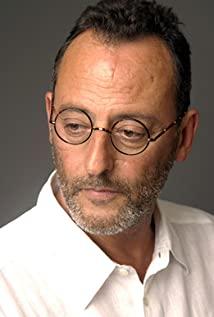Due to the film arrangement, I can only watch it at noon, and I feel a little sleepy. Movies in southern Europe also like to be mysterious and gloomy as a whole, but they can be watched, and they are only watchable. Generally speaking, the focus of the movie is not the case itself, but to tell everyone that the truth is not important.
Let’s first briefly describe the so-called brain-burning truth that everyone is most concerned about. The professor imitated the fog man and killed the girl for money. The fog man was the psychologist who killed the six girls before. Then we look at the understanding of the details, why the truth is not important.
First of all, people in the movie care about the attention of the case rather than the truth. Lawyers, the media, including the police, in fact, there are so-called angry spectators. Attention means the benefits that can be derived from it.
Secondly, the fame of the male protagonist of the old policeman is said to have caught the wrong person, but the old policeman said why there were no more bombs after the suspect went to prison. So in fact, the truth is not important. It is very possible that the wrong person was not arrested, but evidence is lacking. Combining the professor and the fog man behind, I think the author meant that the truth is like fog, and the lack of evidence allows the murderer to escape everywhere, so the old policeman killed the professor when he got out of his anger.
There is also the understanding of the old policeman. Although he has the element of showing off, he pays more attention to the truth than anyone else. The first is to reprimand the police who do not care about the girl’s life or death and pay for overtime; the second is to damage the video tape, not to cover up the facts, but to protect the girl’s privacy. It should be this videotape that made him feel angry, including the holiday diary (the videotape was made in conjunction with the diary). The professor fabricated a young man to damage the girl's reputation (the locals are very conservative). In the end, the old policeman killed the professor without evidence, completing his protection of the so-called truth.
The biggest problem with the film is that the girl's body has not been found, so the truth is even less important. It should be true that the fog person who killed the girl was a psychiatrist, but whether the professor is the murderer is like fog. I prefer him to be the murderer, as I said above. If he is not the murderer, then the murderer can only be the doctor in the heart. It seems a little unexplainable to commit the crime again thirty years later. But I think the author just doesn't want to make the facts so clear, and it's not important to return to the truth. If the professor is not the murderer, the old police fan confidently kills him, it shows that vanity is as scary as money. In contrast, the motive of the Mist’s serial killings has become insignificant, so does the truth matter?
View more about The Girl in the Fog reviews











